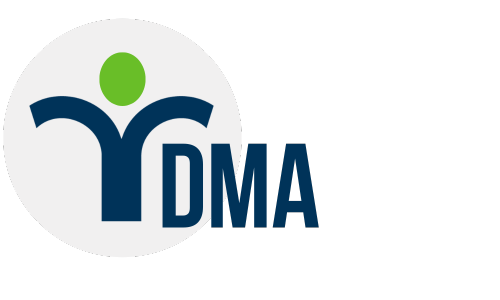
Updated Course! Budgeting & Forecasting for Small Business
to rethink their approach for managing operations to avoid the unprecedented business closing statistics (refer to prior article this issue). However, paying increased attention to financial performance, profitability, and cash flow to meet obligations on both a personal and business level can matter greatly when embracing challenges in the areas of high interest rates, inflation, supply chain management, changes in consumer expectations, and a tight labour market. Knowledge Bureau’s newly updated Budgeting & Forecasting for Small Business course helps provide the strategic and technical insight needed and you can enrol now!
This course also provides insight into the type of considerations of financial partners, as companies consider financing, strategic partnerships, and sale of business, all of which are of increasing interest at this time. Business leaders have to be mindful of the viability of their company against current market volatility, And high quality financial information is critical for this type of decision making and accountants and bookkeepers have an opportunity to elevate their role; however, it is critical to have the necessary advisory expertise in order to do so.
It is one thing to properly maintain a company’s books by way of accounting software, but quite another to use this financial information to assist a company in meeting its financial goals and making better management decisions throughout the year.
This certificate course is designed to provide guidance as to how information within accounting systems can be used to develop the important (and often overlooked) budgeting and forecasting requirements of every small business, keeping the needs of Management and external parties in mind. 
You’ll Learn:
- The Basis of Financial Decision-Making. The differences between internal management accounting and financial accounting, as well as the use of information within accounting systems to assist business leaders and their advisors to make business decisions.
- Financial statements, budgeting, and forecasting: Budgeting components, assumptions account analysis, and analyzing transactions, as well as the implications for each financial statement component (operating/income statement, balance sheet, cash flow statement).
- Reporting and external parties:Implications pertaining to Management reporting needs and those of external parties, such as investors, financial, and strategic partners.
Course Content:
- Chapter 1 | The Basis of Financial Decision Making & Role of Management Accounting
- Chapter 2 | Basic Account Analysis: Balance Sheet and Income Statement
- Chapter 3 | Introduction to Accounting for Costs: Role in Budgeting and Forecasting
- Chapter 4 | Budgeting Basics: The Year Ahead
- Chapter 5 |The Balance Sheet: Accounting for Fixed Assets and Liabilities in Forecasting and Decision-Making
- Chapter 6 | The Sales/Production Budget
- Chapter 7 | Other Budget Items
- Chapter 8 | Cash Flow Budgeting
- Chapter 9 | Decision-making: Analyzing Actual Results This Year, Comparisons to Last Year, Budget Forecasts, and External Party Considerations
